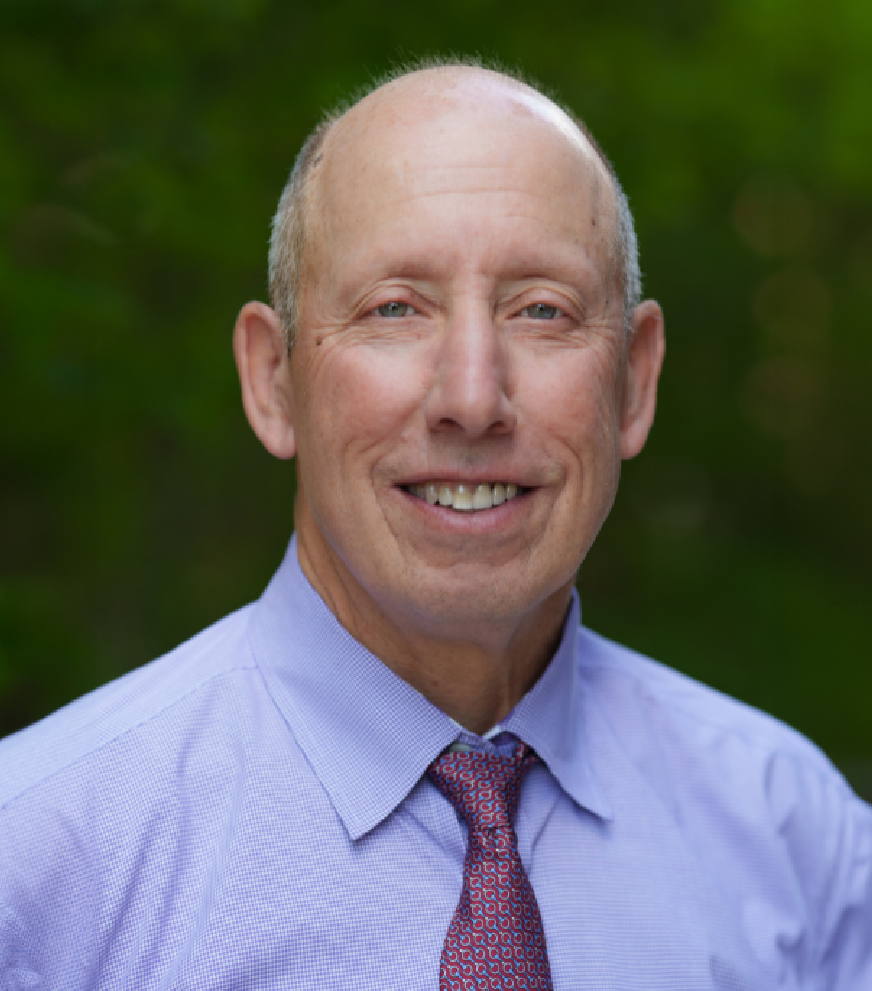
The Center for Assessment – 20 Years and Going Strong
Highlights From 2018 at the Center for Assessment and Setting the Stage for 2019 and Beyond
The Center for Assessment celebrated its 20th anniversary in September with many long-time friends, and the celebration was highlighted by our 20th Reidy Interactive Lecture Series (RILS) where Center professionals reflected on the past and offered a vision for the future.
With the close of 2018, we wanted to take the opportunity to share some highlights from this productive year at the Center for Assessment. Before doing so, we want to acknowledge and sadly said goodbye to Laurie Wise, former CEO of HumRRO, who finished his term on our esteemed board of trustees. The Center benefited from his valuable advice for 15 of our 20-year history. However, we are thrilled to welcome world-renowned assessment researcher Lorrie Shepard as our newest board member.
Influencing Accountability Improvements Across the Country
We started 2018 by helping our state clients put finishing touches on their Every Student Succeeds Act (ESSA) plans for U.S. Department of Education (USED) final approval. We worked directly with almost one-third of the states and through the Council of Chief State School Officers (CCSSO) with essentially with all of the states on a range of accountability challenges:
- Concerned about seemingly arbitrary approaches for establishing school grades, Chris Domaleski, Leslie Keng, Brian Gong, and Carla Evans designed and implemented in several states a disciplined approach for defining performance levels for accountability determinations.
- Juan D’Brot, Leslie and Brian helped states navigate the challenges of implementing and evaluating ESSA accountability systems.
- At a more detailed level, Leslie worked with Maine and Alaska, while Susan Lyons and Charlie DePascale supported Rhode Island and New Hampshire, to fine-tune business rules for producing accountability scores. While this work sounds tedious, it is critical for helping states honor their design principles while mitigating the likelihood of serious mistakes.
- Damian Betebenner’s Student Growth Percentile model is featured in many states’ accountability systems, and Damian continues to improve the technical and interpretative quality of the model.
- With the reauthorization of the Perkins Act (Perkins V), states are benefiting from Erika Landl’s helpful advice for merging requirements for career/technology education (CTE) and college and career readiness.
Influencing Innovations in Assessment
We are deeply engaged in many projects focused on more meaningful classroom and district assessments. Some of this work is associated with the Innovative Assessment Demonstration Authority (IADA) under ESSA, where states can pilot an innovative assessment program with a subset of districts. The Center supported New Hampshire and Louisiana, which were the first two states granted flexibility under the IADA in 2018, and we continue to serve them as a key technical and policy partner. This video offers a brief summary of the New Hampshire and Louisiana stories.
Nathan Dadey, Leslie, recent intern Mary Norris, and myself have been working with instructional and assessment coaches as part of the Alabama Mathematics and Science Teaching Initiative. This work allows us to expand our understanding of how best to support adults in developing assessment expertise, and helps us wrestle with the challenges of assessing complex, three-dimensional science standards.
Similarly, Erika Landl and Jeri Thompson are offering support to staff from the Arkansas Department of Education in developing expertise in competency-based education, performance assessment design, development, and evaluation, the use of “curricular replacement units,” and how to assist adult learners who will have to implement such reforms locally.
Jeri continues her important text-dependent analysis work. She was the keynote speaker at Pennsylvania’s annual literacy symposium and even had PA Governor Tom Wolfe attend her training in June.
The Center remains committed to improving large-scale assessments for our state partners. Many states experiencing assessment transitions turn to the Center to help them conceptualize new assessment systems, write RFPs to support their next-generation assessments, and guide increasingly complex handoffs between contractors. Joseph Martineau developed and continues to improve an amazing open source ‘toolkit’ to help states write and evaluate their assessment RFPs. We helped Alabama, South Dakota, and Tennessee produce high-quality assessment RFPs this year.
Making an Impact Through Increased Outreach
In 2018, the Center continued to be well-represented at national conferences. In April, Center professionals participated in conferences of the American Educational Research Association (AERA) and the National Council on Measurement in Education (NCME), with Charlie serving as the NCME program co-chair. The Center was prominently represented at CCSSO’s National Conference on Student Assessment in June and at NCME’s classroom assessment conference in Kansas in October.
We launched our CenterLine blog, providing the opportunity for us to more easily share our work throughout the year. Check out some of the great posts from this year.
A Great Time to Look Forward at Assessment and Accountability Opportunities in 2019
We are excited for the new year, during which we will be pushing forward our efforts to improve the conceptualization and practice of balanced systems of assessment by working closely with several school districts. As part of this work, we hope to continue our progress on improving assessment literacy among multiple stakeholders.
We will join several states and others in finding technically-defensible ways to assess the Next Generation Science Standards and other complex content standards that honor student learning.
The Center will also continue to explore ways to innovate accountability designs in our efforts to improve student learning. Charlie and Chris recently collaborated with the Massachusetts Institute for a New Commonwealth (MassINC) to produce Local Accountability: The Forgotten Element in Education Reform. This paper illustrates ways to extend high-quality reporting and internal accountability systems at local levels to foster school improvement activities.
Finally, we are thrilled that the University of Colorado, in partnership with the Center, has been selected to host and coordinate next year’s (2019) NCME Classroom Assessment Conference.
The Center is an intentionally small organization, and we rely on our terrific long-time and more recent strategic partners to extend our reach and influence. These partners include:
- CCSSO
- Knowledge Works
- Center for Innovation in Education
- iNACOL
- NCEO
- WestEd
- Center for Collaborative Education
- NHLI
- Future Focused Education
- MassInc.
We couldn’t do what we do without great partners and clients, and we look forward to collaborating with you in 2019 and beyond to improve students’ opportunities for an excellent and equitable education.
We wish you all the best for a happy and healthy New Year.
